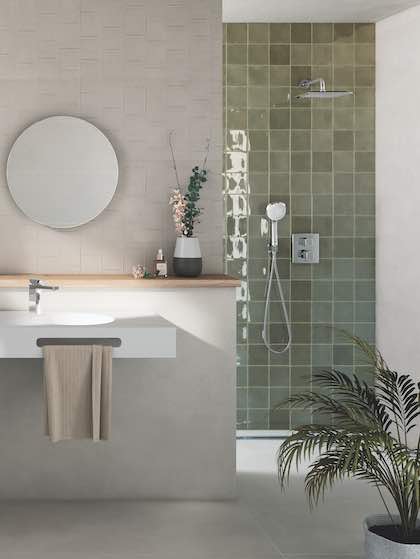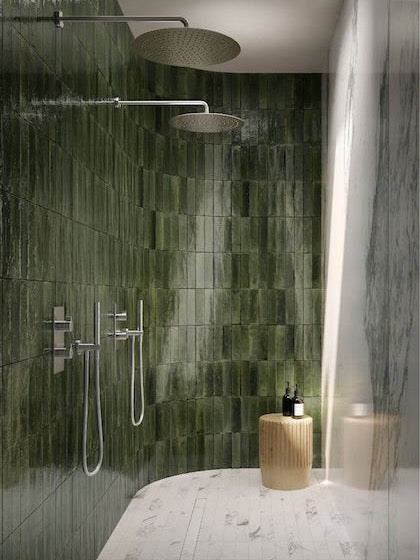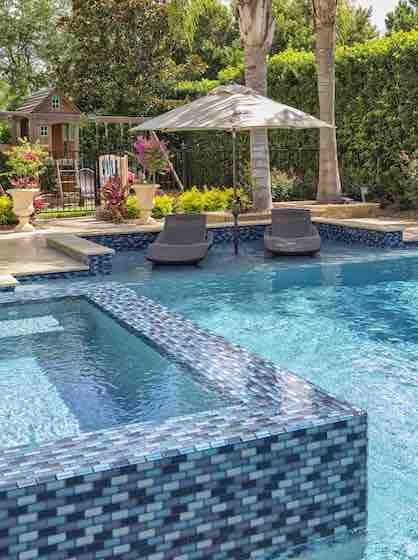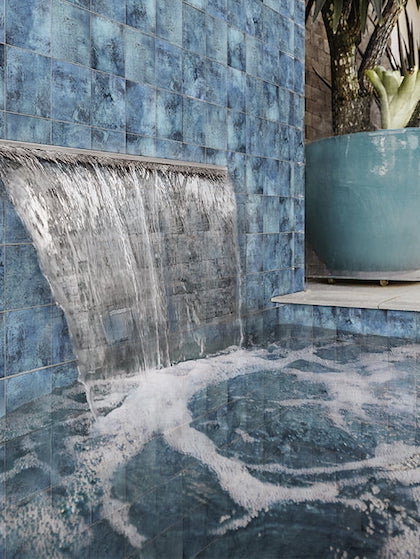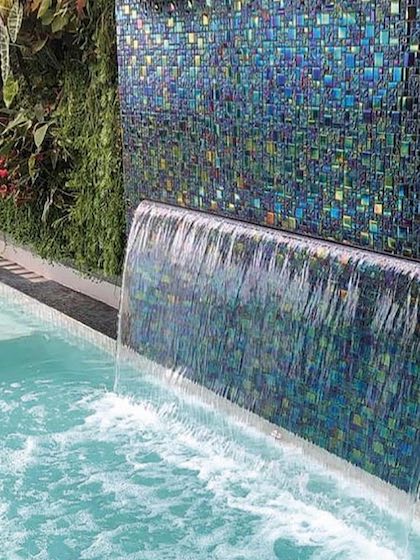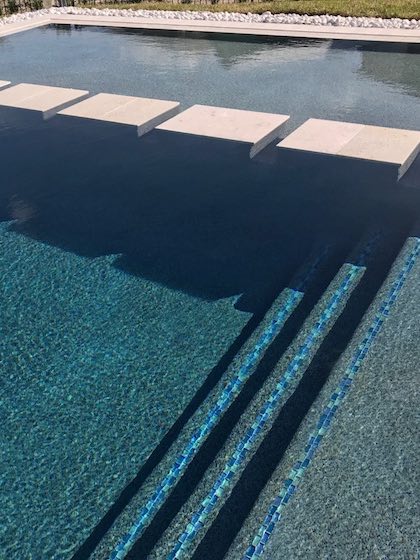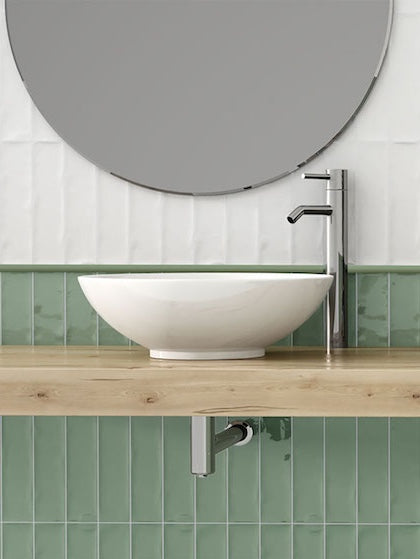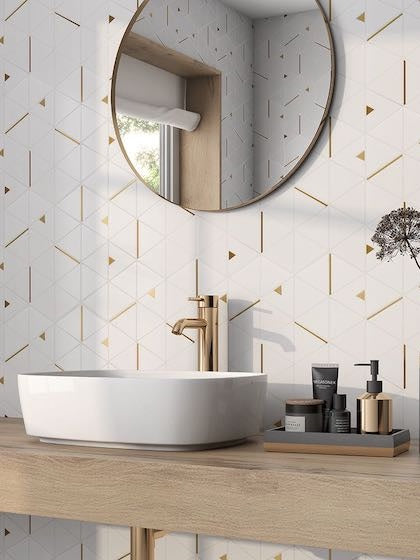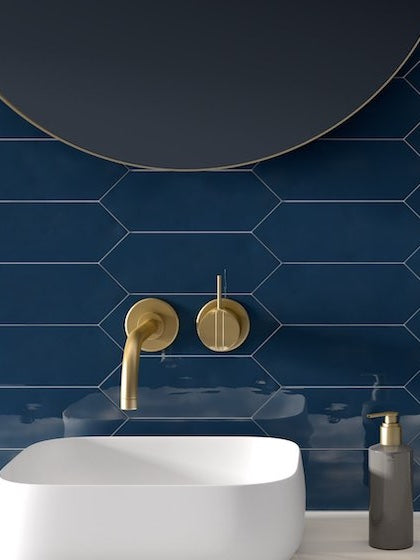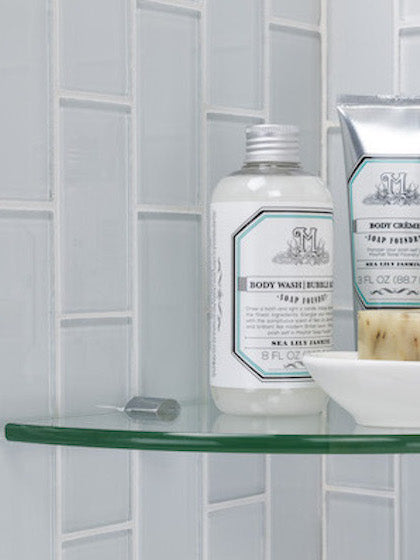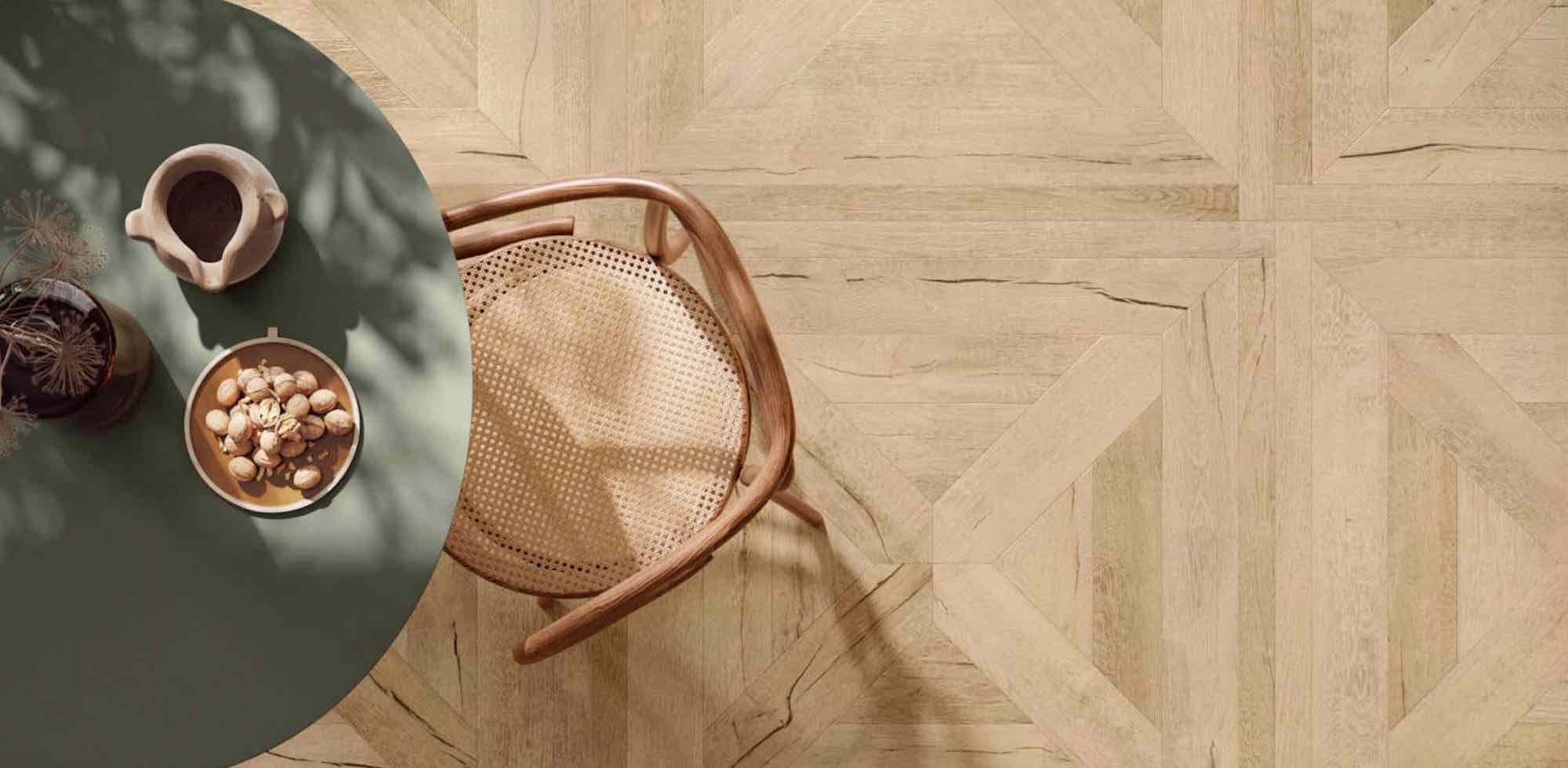Developed by the Porcelain Enamel Institute, the PEI rating is a system that determines the strength and durability of ceramic and porcelain tiles. This rating tests the layer of the tile’s enamel glazing to examine the value somewhere between 0 and 5. Now here’s where 0 applies to the wall applications whereas 5 is dedicated to heavy-duty floor traffic. But why do we need to know the PEI rating for the tiles?
Well, ceramic and porcelain tiles are used for different purposes - both wall as well as floor, indoors and outdoors. The PEI rating is basically a shortcut that helps determine if a certain tile will work in a certain application. Don’t worry - this article is dedicated to discussing everything you need to know about the PEI rating system for tiles. Have a look!
PEI Tile Rating System

As we know, the PEI rating system will help evaluate the overall strength and durability of a tile. This, in return, will help designers and architects choose the best tile option for certain spaces of your residential as well as commercial setups. For instance, the PEI rating of 0 clearly hints that the tile is only suitable for wall applications and not floors. Meanwhile, the PEI rating of 5 is best suited for heavy traffic spaces such as restaurants, hospitals, coffee shops, etc. The extent of the tile wear is based on a few factors stated below -
- Frequency of Usage
- Hardness of the Glaze
- Thickness of the Glaze Layer
- The color and brightness of the glaze
- The glaze finishes such as matte, textured, glossy, brushed, etc.
- Type of Mechanical Stress on which the floor is walked upon
How is the PEI Tile Rating System Determined?
The PEI tile rating system is determined using a machine known as a rotary abrasion resistance testing machine. With this machine, steel ball bearings are pressed down and rolled over the surface of the tile while an observer watches the event happening. The ratings are issued based on the number of revolutions required before visible abrasions appear on the tile.
Natural Stone tiles are often termed PEI NR, which means that they’re not glazed and even can’t be tested! Check out this detailed list of PEI rating classes along with the functions and usage!
PEI Rating of 0 - Quite ideal for wall applications only! Avoid using these tiles on the floor.
PEI Rating of 1 - These tiles are also quite ideal only for wall applications in residential as well as commercial setups. These tiles are typically used in the shower area surrounds and must be avoided on the floor.
PEI Rating of 2 - These tiles are quite ideal for walls as well as light-duty floors in residential setups. Especially for residential bathrooms and kitchens - this tile rating type works!
PEI Rating of 3 - This rating can be used for walls, floors, as well as countertops that receive considerable foot traffic. Definitely not a good idea for the commercial setups! Moreover, this is a generic tile for any residential setting.
PEI Rating of 4 - This rating is ideal for all residential buildings (wall as well as floor) whereas medium commercial setups and light institutional buildings. These tiles are pretty hard and sturdy!
PEI Rating of 5 - Can be used majorly for the floor applications of heavy commercial setups and institutional buildings. These tiles can be avoided in residential buildings since they are rarely attractive for homes. For very heavy foot traffic - this tile rating makes an ideal choice.
How to Choose the Right Tile Material Based on the Rating System?

When choosing a tile for your next commercial or residential project, it’s important to closely have an eye on the PEI rating. Well, remember that a tile PEI rating of 0 or 1 is quite likely to crack if used on the floors. Meanwhile, a heavy-duty PEI rating of 5 will quite likely fall off the wall even with adhesives. You see - it’s quite important to determine the tile ratings and the parallel functions where they’re being used. Didn’t you ever hear tiles falling off the elevations of a building? Or certainly cracking when used on the floors after considerable usage?
Apart from the PEI rating, it's also important to determine the texture of the tiles being used in a certain space. Use a matte or textured finish on the floors to avoid any slipping and sliding whereas a glossy finish works well for the wall applications in your residential as well as commercial setups. Especially for extremely high-traffic areas like spaces surrounding cash booths and entrances in a lobby - the PEI rating should be a minimum of 4 for a high degree of wear resistance.
Does Thickness Affect How Durable a Tile Is?

Well, that may not be true! A glazed porcelain tile will always be stronger than a glazed ceramic tile - even though the former is thinner. Well, porcelain tiles are fired at a higher temperature and thus, are quite robust, strong, durable, and dense. Moreover, they have an upper hand for being used in a high-traffic area. So, any thin tile can be more durable than a thick tile!
Where To Find the PEI Ratings For a Tile?
Well, you can definitely check out our website and the description box under each tile category to find the PEI rating for a certain tile. In the case if it’s not mentioned - you can definitely get in touch with one of our professionals to help you know more about the tile details. Meanwhile, don’t forget to check out the “suitable for” category under the tile description box which will also help you know where the tile is best suitable for!

